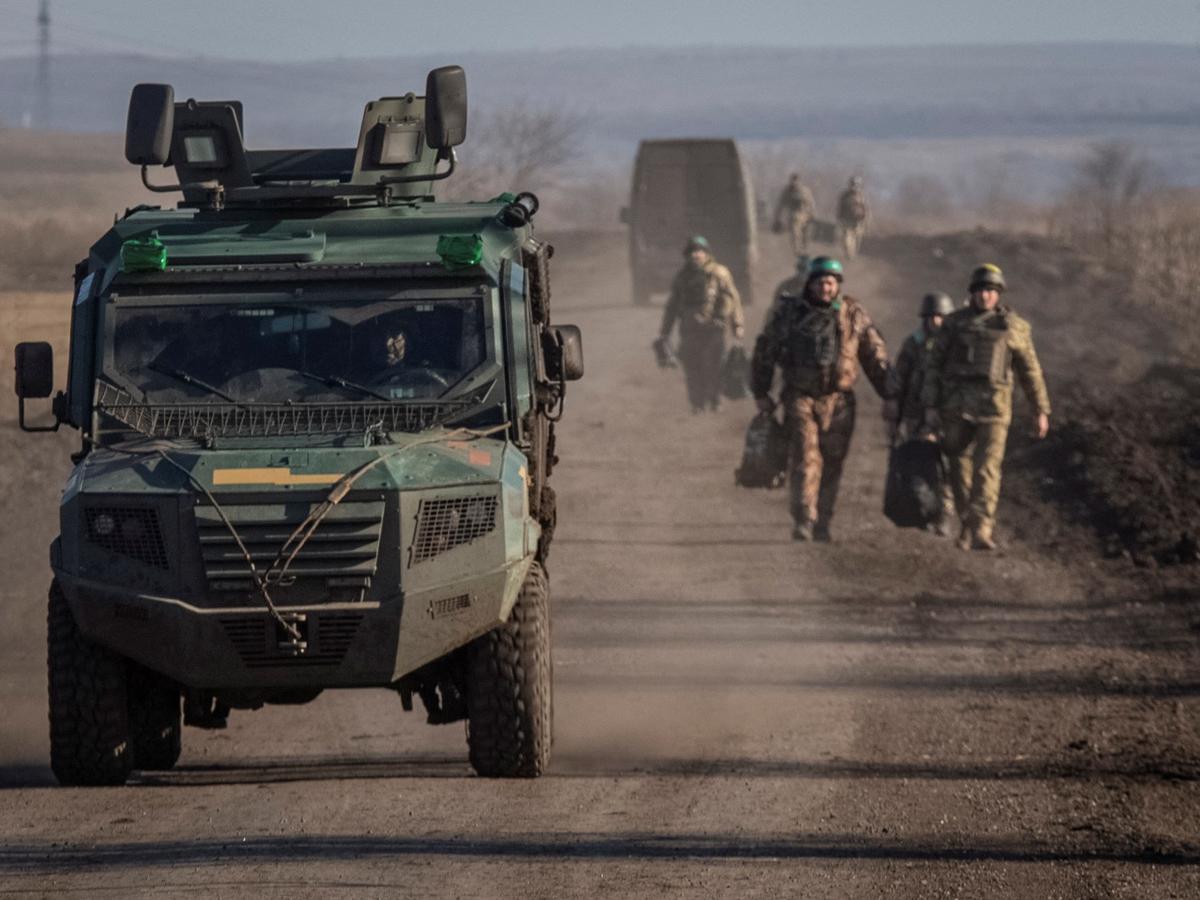Ukraine’s officials outline plans for their domestic defense industry as they await updates from Western allies on long-range strike capabilities. Meanwhile, Russian officials have made conflicting statements regarding how Moscow will respond to potential Western weapons strikes deep within its territory.
Russian diplomats have invoked the familiar threat of nuclear retaliation. Deputy Foreign Minister Sergei Ryabkov claimed that Ukraine’s Western allies have already approved strikes inside Russia, stating, “The decision to allow Kyiv to strike has been made; all carte blanche indulgences have been issued.” He warned of a “brutal” response from Russia.
Despite a recent meeting between U.S. President Joe Biden and British Prime Minister Keir Starmer, no official statement was made regarding the use of U.S.-made Army Tactical Missiles (ATACMs) or British Storm Shadow missiles for attacks on Russian airbases located 300 kilometers (185 miles) away. When asked about permission for such strikes, Ukrainian President Volodymyr Zelenskyy told CNN, “No. Until now, no.” He suggested that Ukraine might need weapons with an even longer range, as Russia had repositioned its fighter jets beyond the reach of Ukraine’s current arsenal.
While the U.S. has permitted Ukraine to use its weapons for counter-battery fire across the border, there have been no reports of Ukraine using ATACMs or Storm Shadow missiles on airfields or logistical targets so far. Russian responses to potential Western strikes have also varied.
Foreign Minister Sergey Lavrov warned that a nuclear conflict could have repercussions for the U.S., stating, “The Americans will not be able to sit it out overseas. This war will affect everyone.” Meanwhile, Russian Ambassador to the UN Vasily Nebenzya asserted that Western strikes would signify a direct NATO-Russia war, echoing sentiments expressed by President Vladimir Putin earlier this month.
Dmitry Medvedev, Deputy Chairman of Russia’s National Security Council, cautioned that Moscow’s “patience” is wearing thin, while also acknowledging the complexity of a nuclear response.
Ukraine did conduct deep strikes into Russian territory recently, targeting a depot in the Tver region with its own weapons, which resulted in significant secondary explosions. Oleksandr Kamyshin, a presidential adviser, highlighted that Ukraine now possesses advanced capabilities that were not available a year and a half ago, including a new drone missile called Palyanytsia, capable of reaching targets up to 2,000 kilometers (1,240 miles) into Russia.










